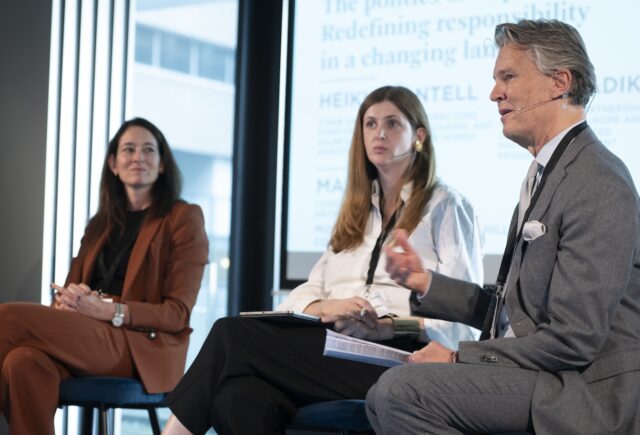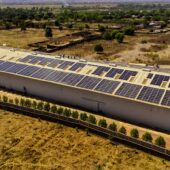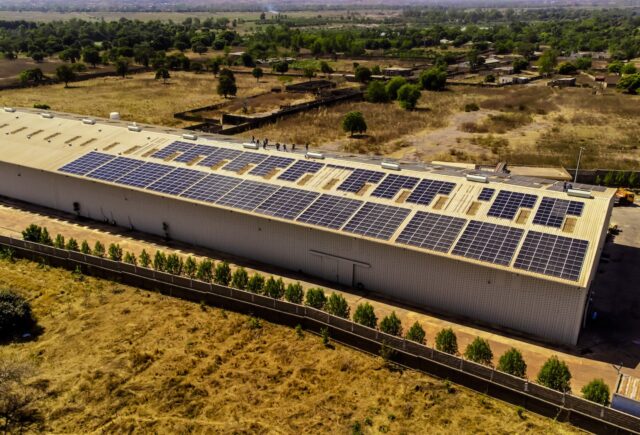Triodos Investment Management’s new fund will invest in companies providing solutions to improve children’s wellbeing and development in five areas: health and wellbeing, education, equal opportunity, access to basic services, and safety

Triodos Investment Management has launched a thematic fund aimed at improving the wellbeing and development of children, with an initial size of €28 million.
The Triodos Future Generations Fund, an open-ended fund for professional and retail investors, will invest specifically with the aim of improving the wellbeing and development of children.
Most of its investments will be concentrated in a portfolio of globally listed small and mid-cap companies that contribute to the basic needs of children around the world, as well as to their development, and to help them reach their full potential as adults. It will focus on five impact themes: health and wellbeing, education, equal opportunity, access to basic services, and safety.
At least 75% of the fund’s net assets are invested in shares of small and midcap firms, while the remaining 25% are invested in large cap companies. Up to 25% of the fund’s net assets are invested in shares of companies listed in emerging markets.
“What we see today is that the future of the current young generation is being put at risk. That’s why Triodos Future Generations Fund invests in global equities that contribute to child prosperity,” Sjoerd Rozing, fund manager for the new fund, said.
The fund compares its returns with the MSCI World Impact ESG Select Children’s Rights Index, but does not aim to replicate or outperform it, as it only invests in companies that meet strict sustainability criteria.
Supporting UNICEF
Triodos IM has said it will donate the equivalent of 0.1% of the fund’s net asset value a year to support UNICEF programmes.
Such donations would target projects such as the Building Bricks for the Future project in Côte d’Ivoire, which transforms plastic waste into bricks, which are then used to build classrooms. This addresses two major problems for the country – a surfeit of waste and inadequate school facilities.
The investment manager said it would also work together with UNICEF, separately from the fund, to promote consideration of children’s rights within the asset management world by building on UNICEF’s Tool for Investors on Integrating Children’s Rights into ESG Assessment.
Sandra Visscher, executive director at UNICEF in Luxembourg said that while children account for nearly one-third of the world’s population, investors’ human rights policies seldom reflected the special considerations businesses need to make to respect children’s rights.
“We hope that this collaboration will help to put children’s rights more clearly on the investor agenda and encourage integration of children’s rights into ESG decision-making processes across the investor world,” she said.





